The Role of AI in Education: Transforming Learning in 2025
Table of Contents
Introduction

Education has always been the foundation of human progress. But in 2025, education is undergoing the most dramatic transformation in history, thanks to Artificial Intelligence (AI).
From AI-powered tutors that adjust lessons to each student’s pace, to smart classrooms that enhance collaboration, AI is making learning faster, smarter, and more personalized.
In this article, we will explore the role of AI in education in 2025, how it is changing schools and universities worldwide (including Pakistan), and what the future holds for learners of all ages.
Why AI in Education Matters
Education in the 20th century was teacher-centered, but today, it’s becoming student-centered. AI plays a vital role in:
- Personalization: Every student learns differently—AI adapts to unique learning styles.
- Accessibility: AI breaks barriers for students with disabilities or those in remote areas.
- Efficiency: Teachers save time on grading and focus more on student interaction.
- Global Collaboration: Students can now learn with peers from across the world.
AI in Education: Key Applications in 2025
Your message has been sent
Let’s break down the most important ways AI is reshaping learning.
1. Personalized Learning with AI
Traditional classrooms teach students at the same pace, but AI changes this.
- Adaptive Learning Platforms (Coursera AI, Khan Academy AI, Byju’s AI): These apps adjust difficulty based on student performance.
- AI Lesson Planners: Teachers can create customized assignments for each student.
- Learning Analytics: AI tracks progress and provides real-time feedback.
👉 Example: In Pakistan, Edkasa AI is helping students prepare for board exams by offering personalized video lessons.
2. AI Tutors & Virtual Classrooms
Students no longer need to wait for teachers to answer questions.
- ChatGPT Tutors & Google Bard for Students: Provide instant explanations for complex topics.
- Socratic AI by Google: Solves math problems step-by-step.
- AI-Powered Study Assistants: Apps summarize textbooks and explain concepts in local languages.
👉 A student in Lahore can now learn physics from an AI tutor in Urdu, while another in Karachi can master coding from a global AI-powered platform.
3. Smart Classrooms in 2025

AI is making classrooms interactive and engaging.
- Facial Recognition: Tracks attendance automatically.
- AI-Powered Whiteboards: Convert notes into digital content instantly.
- AI Language Translators: Allow students from different regions to learn together.
- AI-Powered VR Headsets: Take students on virtual field trips (e.g., exploring the solar system in 3D).
4. AI in Assessments & Exams
Grading is no longer a teacher’s burden.
- AI Essay Graders: Evaluate grammar, structure, and creativity.
- AI MCQ Generators: Automatically generate quiz questions.
- Plagiarism Detection Tools (Turnitin AI, Copyleaks AI): Maintain academic integrity.
- Exam Monitoring: AI proctoring tools prevent cheating in online exams.
👉 In Pakistan’s universities, AI-based exam monitoring is helping institutions conduct fair and transparent online assessments.
5. AI for Special Education
AI is breaking barriers for students with disabilities.
- Text-to-Speech Apps (Natural Reader AI): Help visually impaired students.
- AI Sign Language Translators: Convert speech into sign language in real time.
- Voice Command Assistants: Help students with mobility issues navigate devices.
- AI Emotional Recognition: Identifies if a student is stressed or struggling.
👉 In rural Pakistan, AI-powered education apps are helping children with hearing impairments access lessons in local languages.
6. AI in Higher Education & Research
Universities are using AI for advanced learning and innovation.
- AI Research Assistants: Summarize academic papers instantly.
- Data Analysis Tools: Help students in science and engineering projects.
- AI in Medical Education: Virtual patients allow students to practice diagnosis safely.
- AI in Engineering: Helps simulate construction projects, reducing costs and errors.
7. AI & Lifelong Learning
Education doesn’t stop at school—AI is helping professionals upgrade skills.
- AI Career Coaching Apps (LinkedIn AI, Coursera Career AI): Recommend courses based on career goals.
- AI Skill Gap Analysis: Identifies skills employees need to advance.
- AI in Corporate Training: Personalized workshops for employees.
👉 In Pakistan, professionals are using DigiSkills AI to improve freelancing and IT skills.
Global vs Local Impact of AI in Education
| Category | Global Impact | Local Impact (Pakistan) |
|---|---|---|
| Primary Education | AI tutors for young learners | Urdu/English AI apps for schoolchildren |
| Higher Education | AI-powered research labs | AI in engineering & medical universities |
| Accessibility | Sign language AI | AI apps for rural, low-income students |
| Career Learning | AI job-matching tools | AI-powered freelancing platforms |
Benefits of AI in Education
- Personalized Learning: Students get lessons tailored to their pace.
- 24/7 Access: AI tutors are available anytime, anywhere.
- Affordable Education: AI apps reduce costs of physical classrooms.
- Skill-Based Training: Helps prepare students for real-world jobs.
- Improved Teacher Productivity: Teachers spend more time mentoring instead of grading.
Challenges of AI in Education
While AI offers many opportunities, there are also challenges.
- Digital Divide: Rural students without internet access may be left behind.
- Data Privacy: AI apps collect student data, raising security concerns.
- Teacher Resistance: Some teachers fear being replaced by AI.
- Over-Reliance: Students may depend too much on AI instead of learning problem-solving.
Future of AI in Education (Beyond 2025)
- Fully AI-Integrated Schools: Classrooms where AI handles admin, grading, and lesson planning.
- Brain-to-Computer Learning: Direct connection between brain and AI for faster knowledge transfer.
- Universal AI Translation: Breaking all language barriers in education.
- AI for Global Collaboration: Students from Pakistan, the U.S., and Japan working together in real-time AI-powered projects.
Conclusion
In 2025, AI is not replacing teachers—it is empowering them. Students benefit from personalized lessons, teachers save time, and education becomes more accessible and engaging than ever before.
For Pakistan, AI in education is a game-changer, especially in rural areas where traditional resources are limited. With the right approach, AI can help millions of students unlock their full potential.
The role of AI in education is clear: it’s not just a tool—it’s the future of learning.
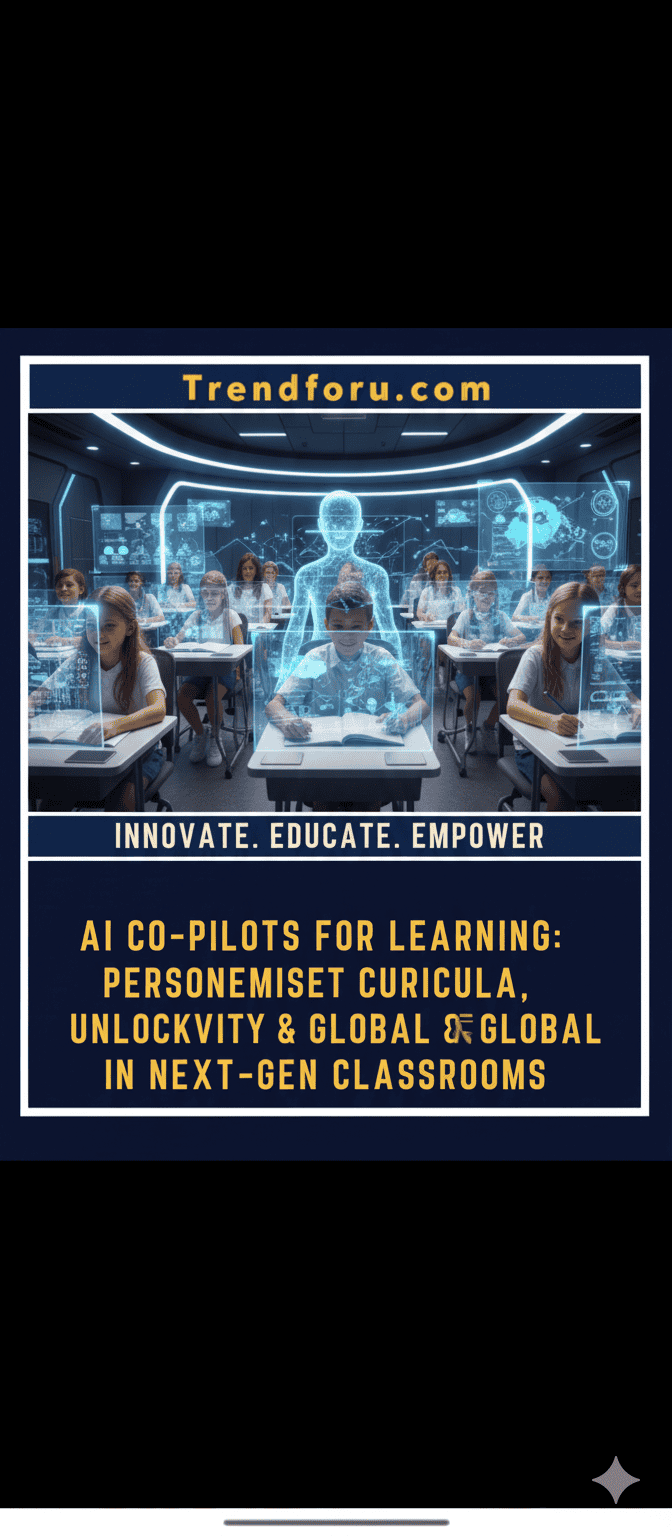
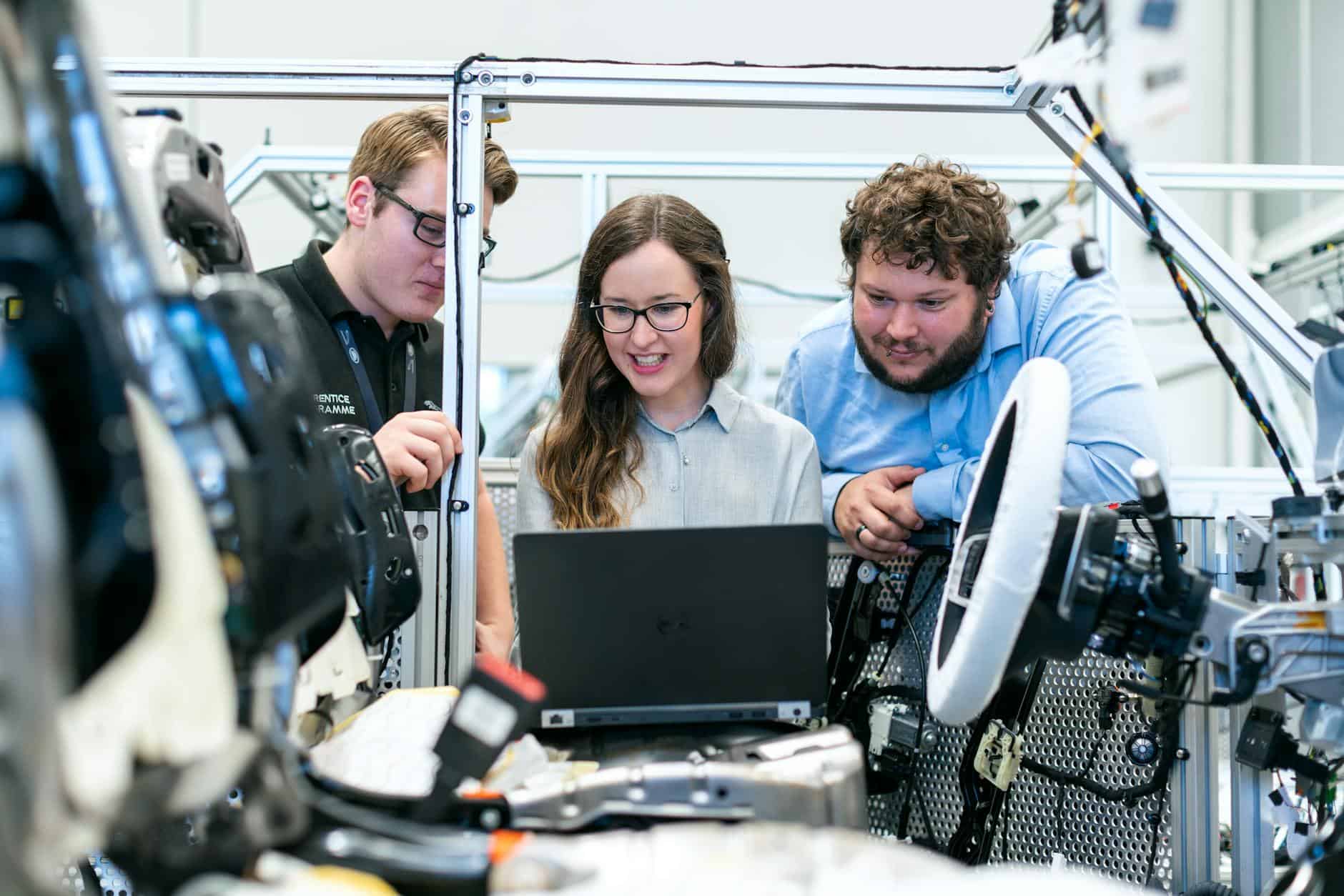
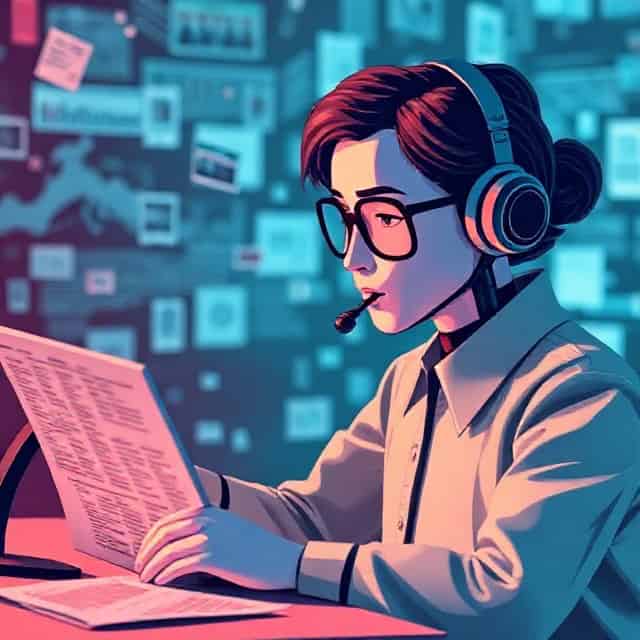
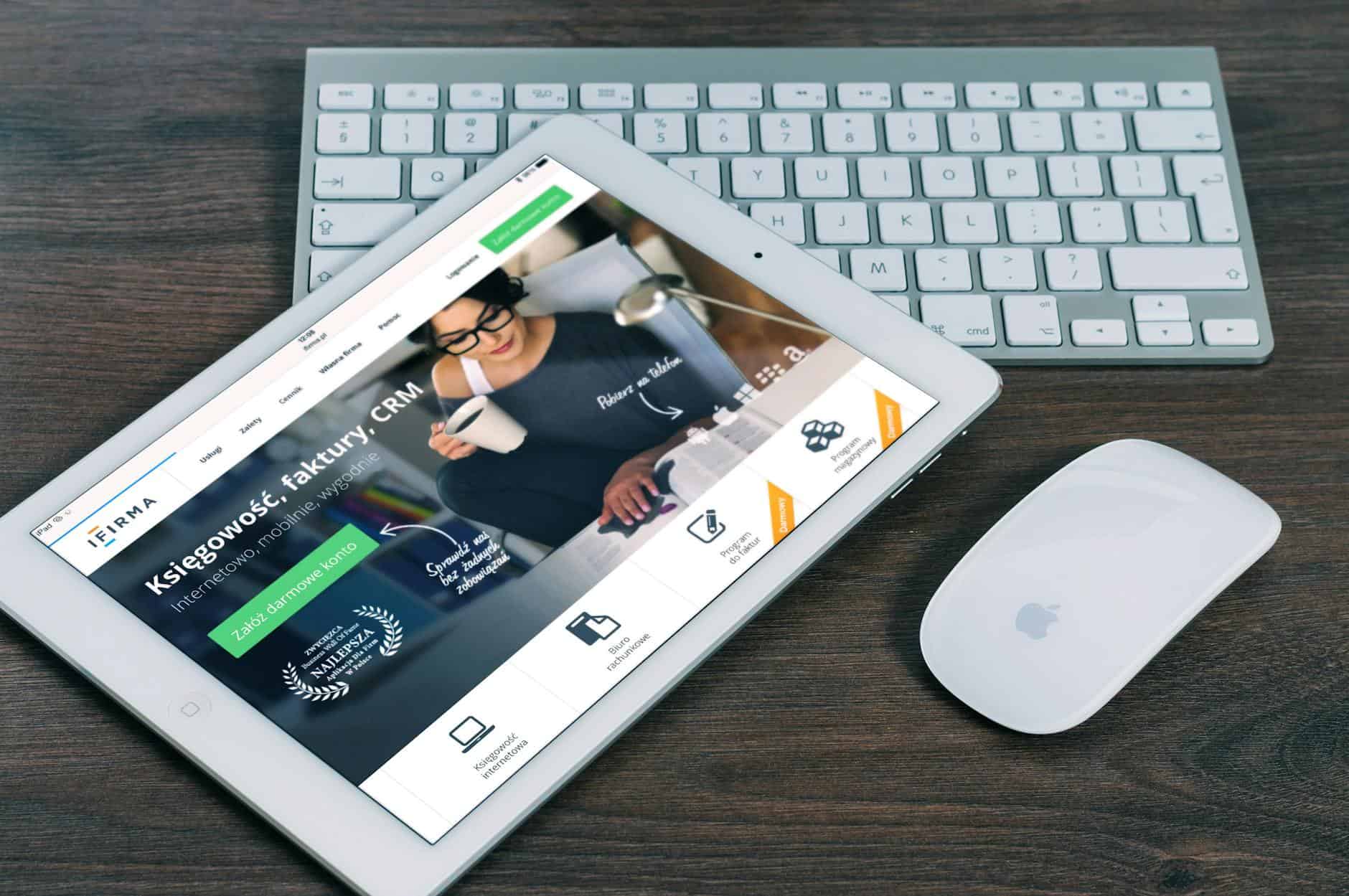
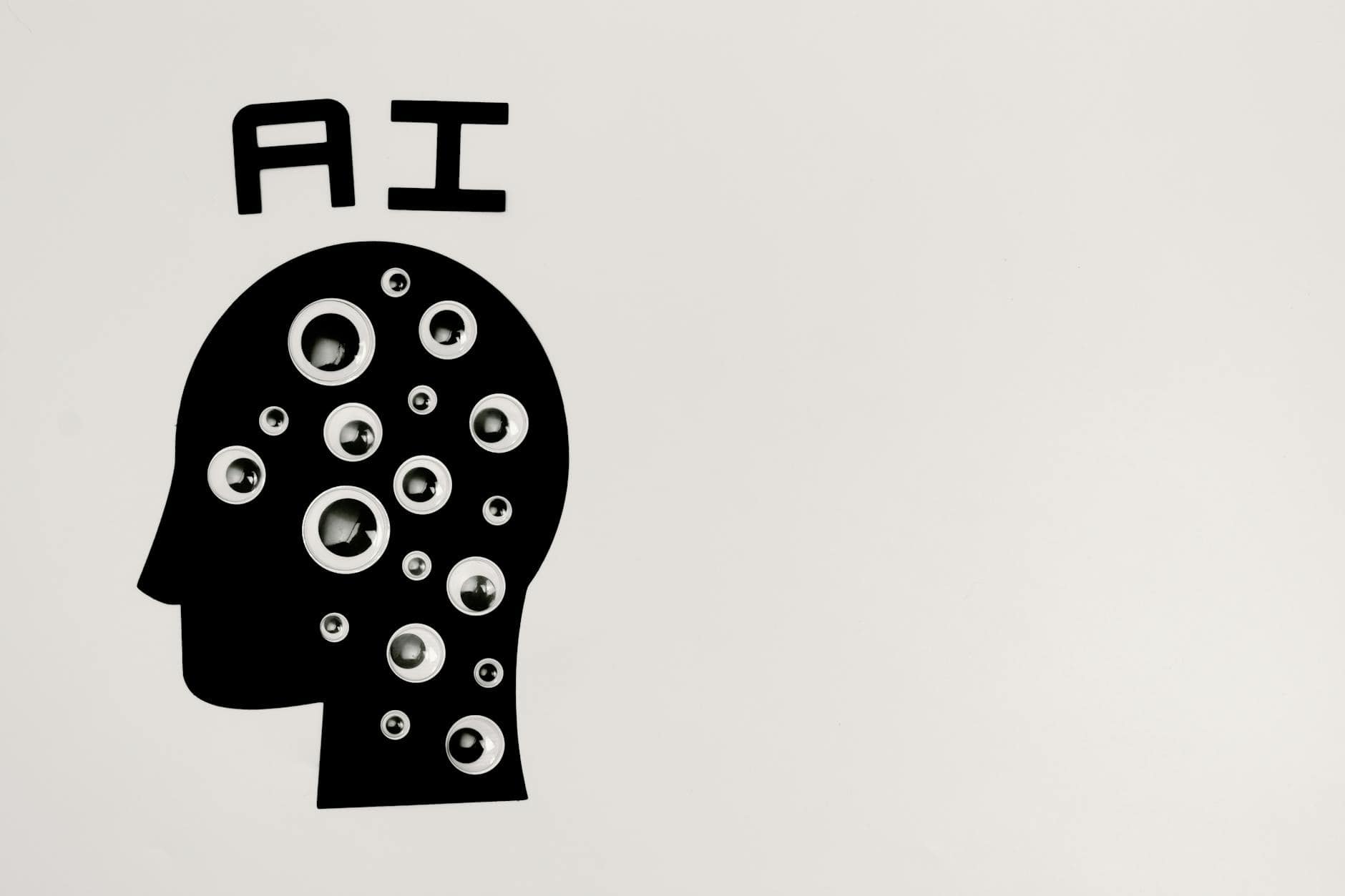
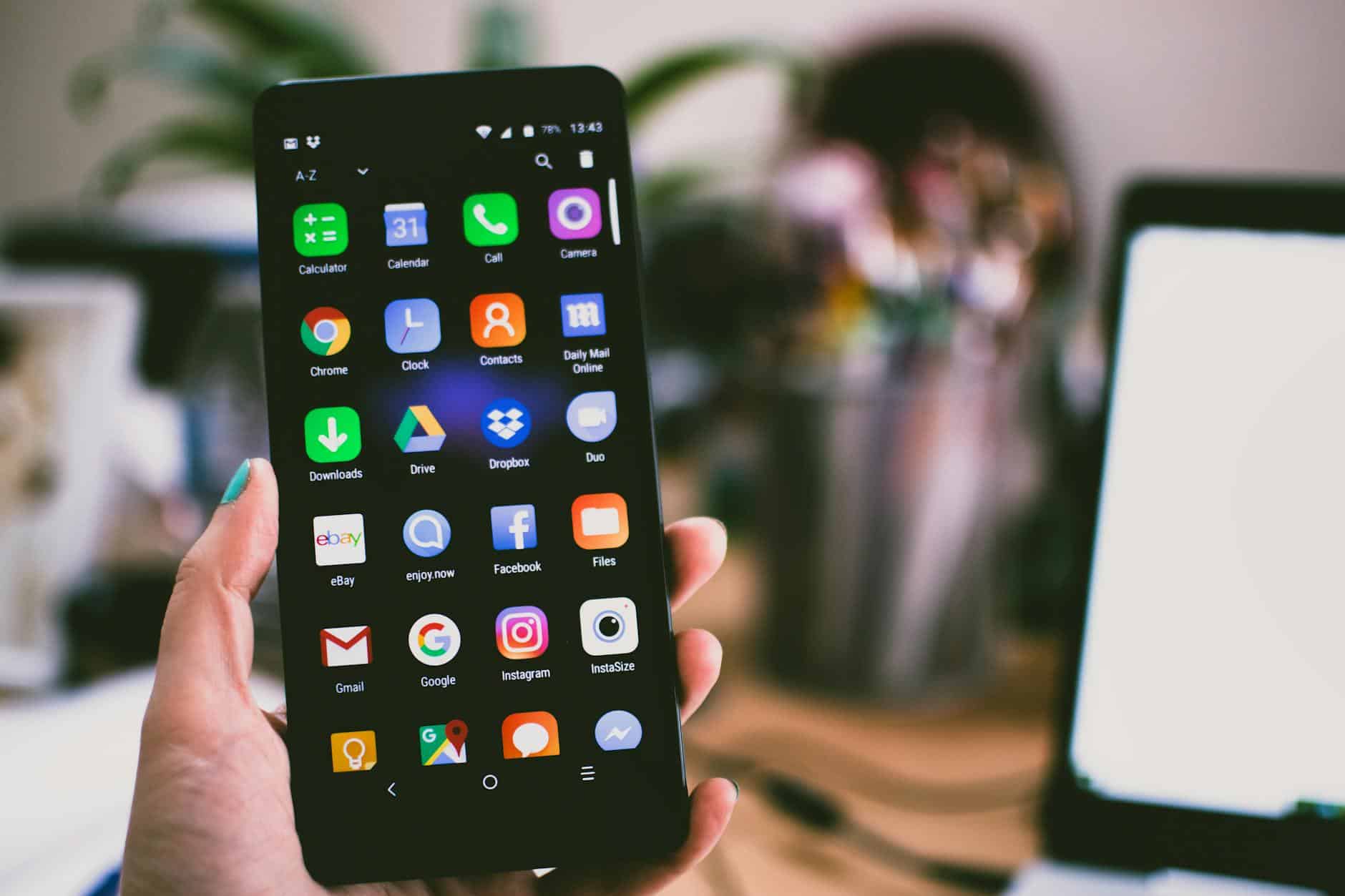


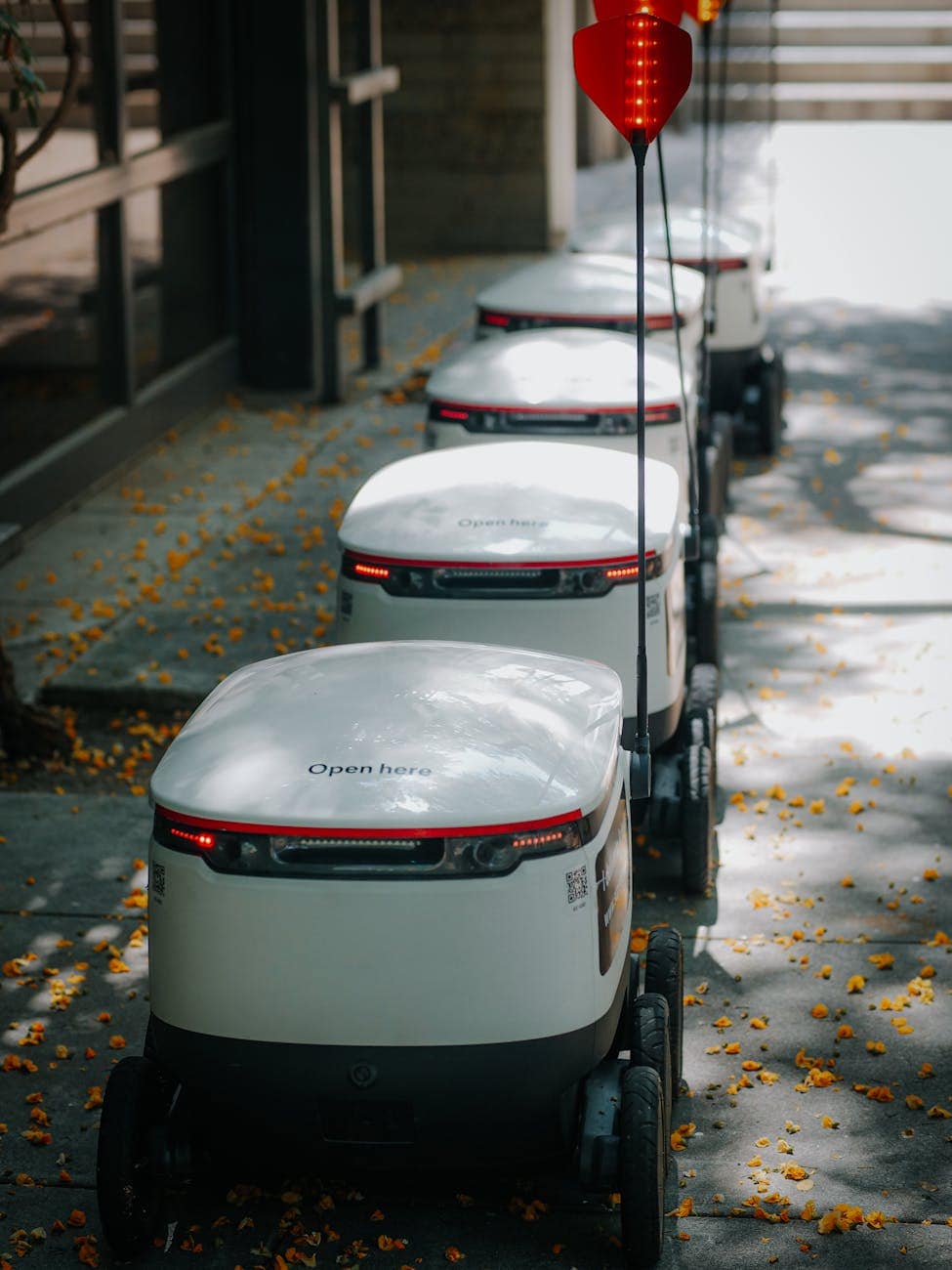




Leave a Reply